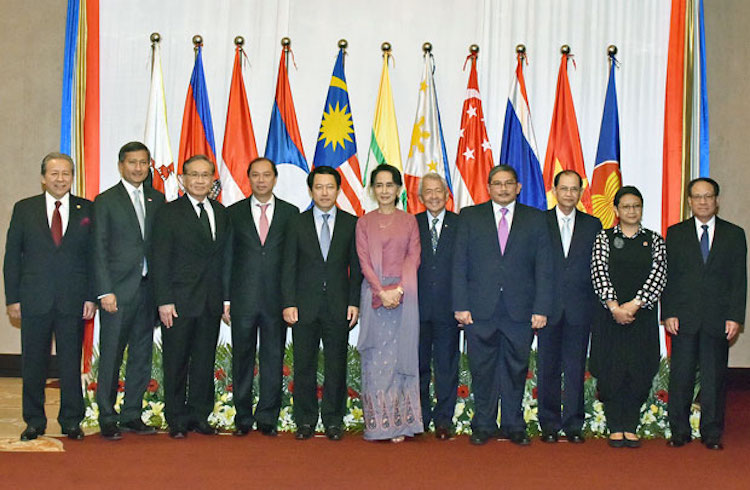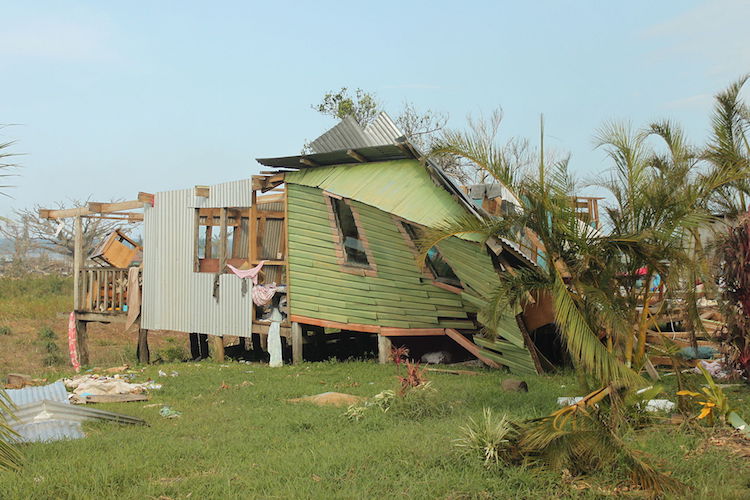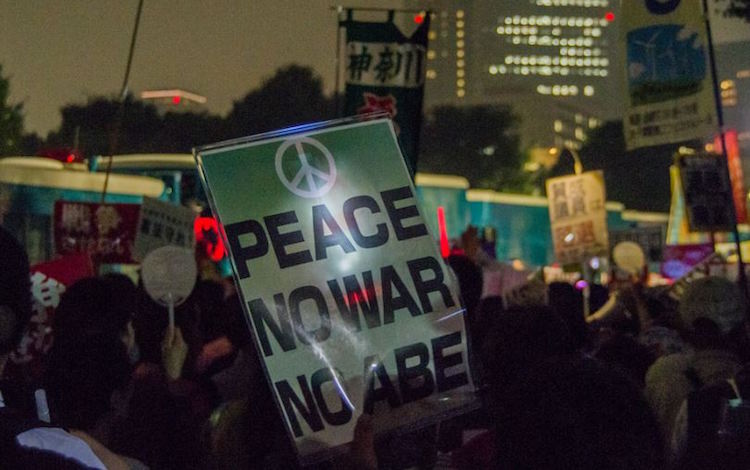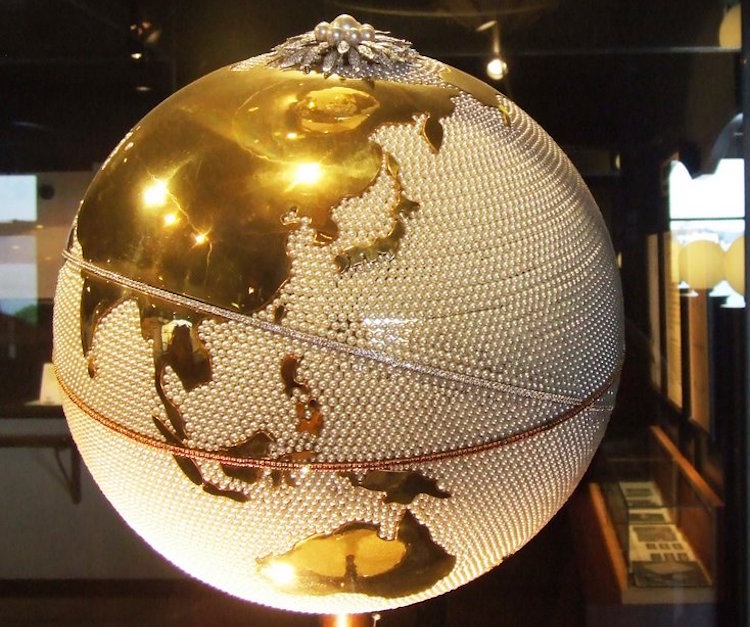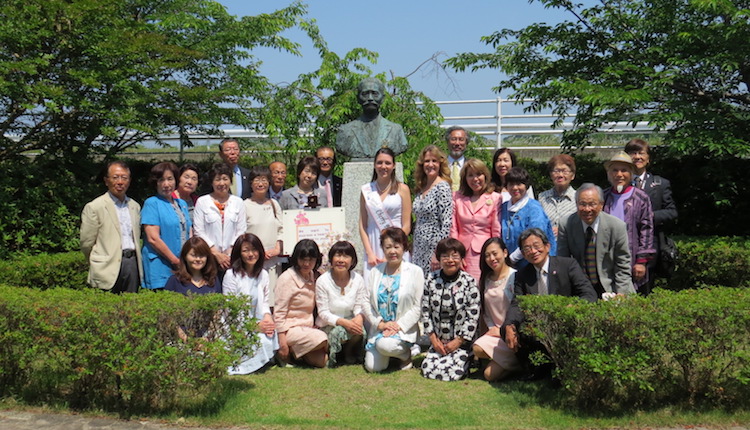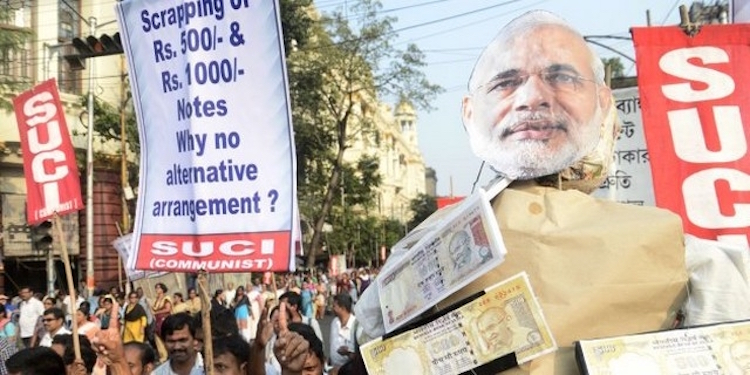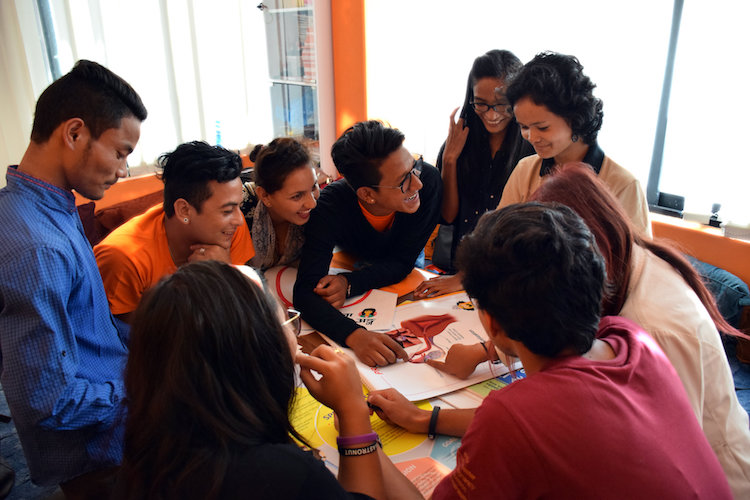By Neena Bhandari
SYDNEY (IDN) – Vinka Barunga was born in the Worrara tribe of the Mowanjum Aboriginal community in the remote town of Derby in Western Australia. As a child, she witnessed disease and suicide amongst her people, which made her resolve to one day become a doctor and help break this cycle of suffering. She is one of six, the largest cohort of Aboriginal and Torres Strait Islander (ATSI) students, to graduate in Medicine/Surgery from the University of Western Australia this year.
Australia has fewer than 300 Aboriginal doctors, but things are gradually changing. Vinka is determined to be the first full time doctor in the town of her birth, situated around 2,400 kilometres north of the state capital Perth in the Kimberley region. It is the gateway to the state’s resource rich north, surrounded by mudflats on three sides, with two distinct seasons.


